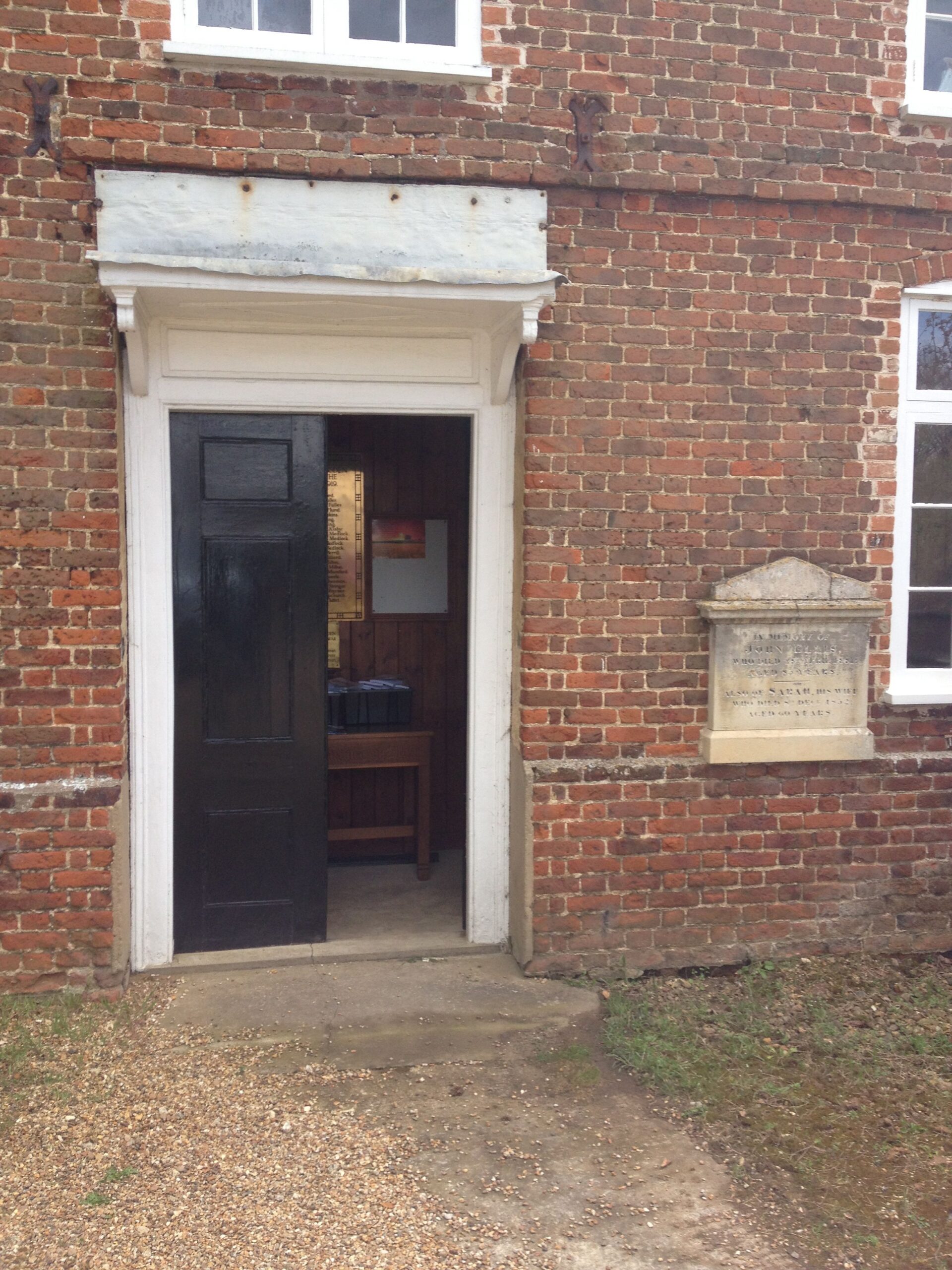An extrovert, I spent most of my childhood trying to get my two older introverted sisters to pay attention to me, to at least hear my ideas for whatever story we were making-believe. Most of my input got left on the cutting room floor, or worse, co-opted as someone else’s idea and morphed into a tale that creatively left me outside the door as the dog waiting to come in. Yes, literally (!).
Hard-headed and desperate, I lived that pattern right though adolescence into adulthood, always looking for someone to listen to me, but generally choosing people who had absolutely no ability or intention of doing so. Like a character in a Greek play or a country song, I was cursed with a hundred stories and no one to listen to them. I scribbled in journals, desperately trying to hear myself. Nothing felt real until I wrote it down, my roiling emotions at a constant simmer until they boiled over onto the page. I wrote poems on scraps of paper only rediscovered when jerking open a drawer to look for something else.
All the while, I kept talking to myself, making up songs and poems and prayers in my head, calling home regularly from college to bore my kind mother with the struggles of longed-for and overwhelming independence. I made new friends, a few of whom had the ability to listen, a life-saving breath of air. But I kept creating frustrating relationships, too, with people who could not hear the tones that played so loudly for me. I wanted to be neatly contained like the childhood friend I envied or ever-cheerleader-effervescent like a high school/college friend I eventually learned to avoid.
But I couldn’t change. I felt things. Deeply. I saw broken places and couldn’t ignore them. Like the tanned sorority beauty whose family joked away her eating disorder, dubbing her “the black bone.” Or the charismatic super-Christian who coerced and seduced his way through a campus ministry and left scarlet “sluts” in his wake. Or the graduate school that was so “over” sexism that no one was allowed to notice the gender gaps on staff or in class discussions or the incoming PhD cohort.
I was told not to talk about these things. Everything was fine. Everyone was fine. I just took things too seriously, was too sensitive. I had the wrong viewpoint. I wouldn’t shut up and play along. And so, I was dismissed.
But I was dismissed right into a briar patch I quickly recognized as home. During specialized training to become a healthcare chaplain, I found out that everything was not fine. I sat beside miscarrying mothers and suicidal young adults, by the beds of heroin addicts and their grieving, angry families. I met a woman who lived out her cancer diagnosis as a life-changing reality, saying she’d never want to go back to the way things were. She didn’t want to have cancer; she just wouldn’t want to lose what she’d learned through it.
I listened to a Buddhist wife chant over her alcoholic husband, whose withered form shone yellow against hospital-white sheets. I sat with a charming Wiccan straight from the set of Braveheart, who asked me to say a “regular prayer” for his comatose father. I held hand-sized twin babies born at five months and blessed them with the names chosen by their heart-broken parents. I heard an old German soldier, still commandingly strong, begin to make what sounded like a confession before his daughter cut him off, saying he was just hallucinating. Maybe he was. Maybe he was telling a story she didn’t want to hear.
I learned to catch these stories when they spilled out with tears or shouts or clenched fists. I recognized their echoes of what I had been trying to say all along and felt the deep connection that binds us all. I also heard stories go untold, holding the hand of a retiree saying goodbye to the father who’d deserted her as a child and returned to be nursed by her in his last years. He had never explained himself, never apologized, never said thank you.
Honoring those stories still transforms me. The more everything-is-not-fine stories I catch, the more I honor my own story. Though I still need a good listener sometimes —and am wiser in my choice of confidant—the most important listener for me is me. Being dismissed still hurts. But it also means I am dismissed from someone else’s need for everything to be just fine. I am dismissed to go tell my own story, even if I am the only one listening.
Alicia Davis Porterfield is a writer, minister and mother who lives and works in Wilmington, NC. Creating safe space for stories is her passion. She recently edited a book of essays, A Divine Duet: Ministry and Motherhood, the proceeds from which support a continuing education fund for women in ministry (available at www.helwys.com). She is in the process of creating a blog of the same name. She can be reached at aporterfield@ec.rr.com.



